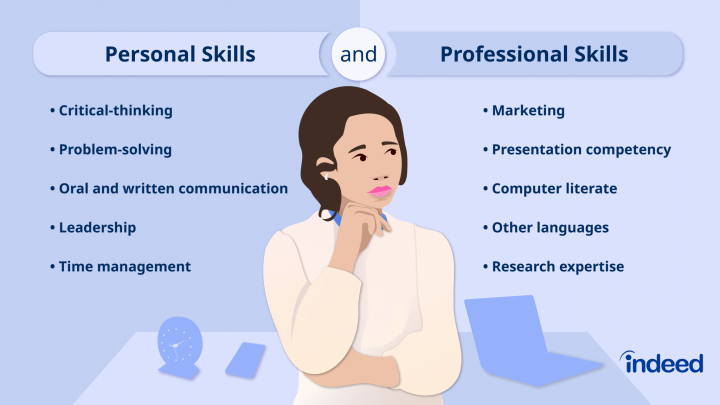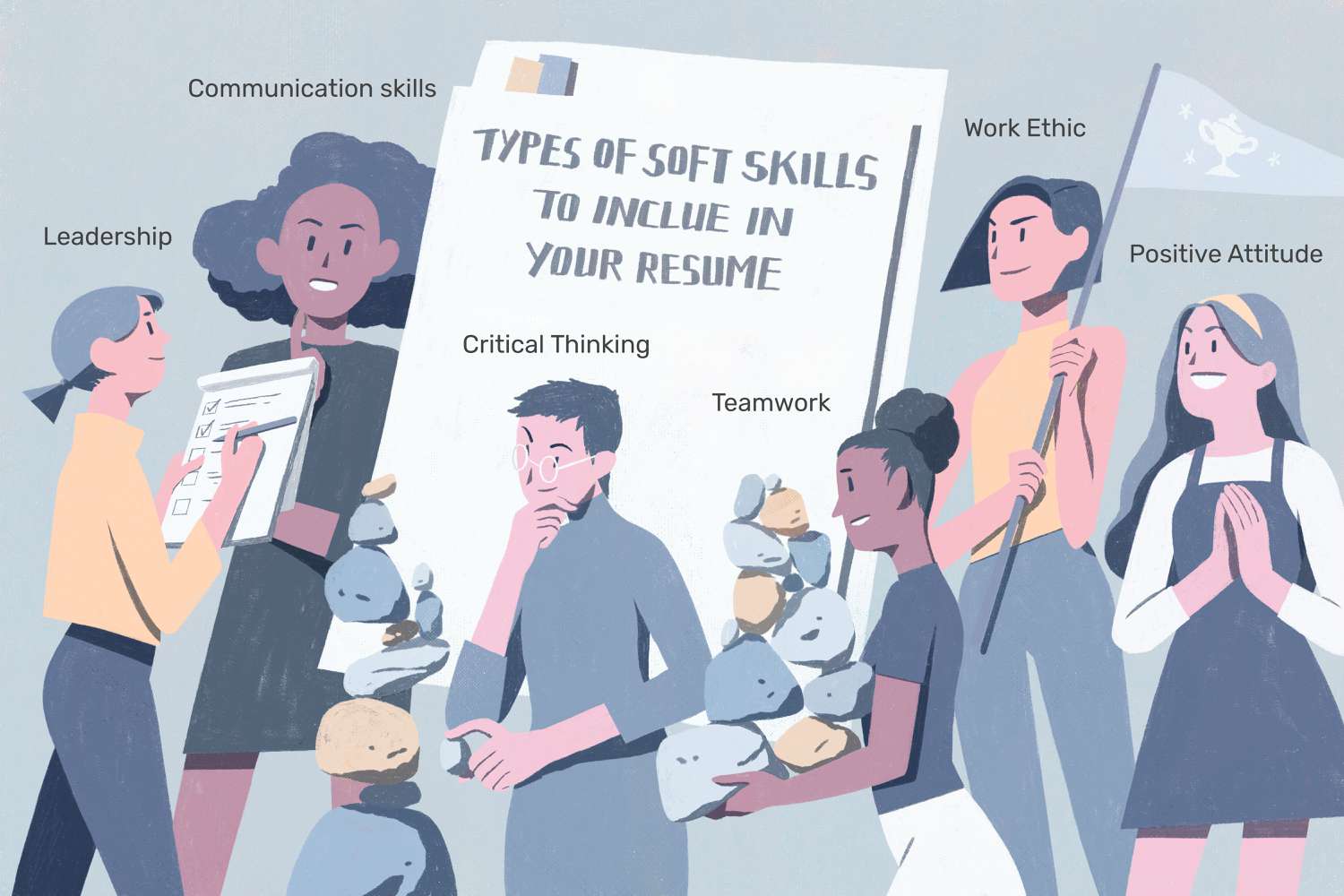Skills, qualifications and talents in an application
Published

When looking for new employees, what is the difference between skills and talents? How are qualifications defined? This guide explains the definitions of these terms, which are often confused with each other but refer to different concepts. Understanding the difference can help you in your hiring efforts by preventing you from passing over potential candidates with valuable traits that cannot be taught or acquired.
What are qualifications?

Those : placementindia.com
Qualifications refer to educational qualifications and work experience. They are acquired through studying and applying the knowledge in the respective position. Common qualifications include college degrees, licenses, certifications, and length of employment in a particular position. The main difference between qualifications and skills or talents is that job applicants can only acquire their qualifications through training, examinations and work experience.
Many employers give skills a high priority when looking for new talent. They may have more success if they are willing to be more lenient with these requirements if an applicant has skills or talents that can make up for a lack of qualifications.
What are skills?
Skills are talents that you acquire over time, but that are not necessarily learned in an educational institution. The ability to change spark plugs in a car can be considered a skill because it is something someone learns either from an expert or on their own time. When assessing applicants for a job opening, skills you may assess include:
- How fast he is Applicant can type
- The knowledge of the applicants in dealing with certain computer programs
- A person's written and oral communication skills
- Organizational skills of the applicant
- How a candidate works as a member of a team
- Whether a new employee can program in a specific programming language
Skills can be divided into two categories: hard and soft skills or soft and hard skills. Hard skills are also called technical skills because they require specific knowledge and experience, such as when a programmer demonstrates the ability to write programs in the programming languages a company uses most frequently. Soft skills are the type of skills that someone can use in multiple roles and are not limited to a specific job, such as the ability to lead a team or communicate effectively.
What are talents?
Gifts are talents that come naturally and are often confused with skills. Some people can learn to communicate more effectively, others have natural people skills and can motivate those around them. Many talents can be considered intangible qualities because they do not require training or experience to acquire.
Assessing skills and talents when reviewing applications

Those : ca.indeed.com
If you are looking for the perfect candidate are looking for a position in your company, flexibility can pay off in the long run. You may prefer applicants who have degrees and experience in their field, but you could be missing out if you don't pay attention to the skills and talents on applicants' resumes. While education and experience are valuable qualifications to consider, your hiring strategy can benefit from focusing on intangible qualities that your candidates cannot acquire through education or work experience alone.
Depending on the position to be filled, previous professional experience, talents and skills may be viewed as a substitute for training. This isn't ideal for every position, so you should carefully consider your company's requirements and the minimum qualifications you're willing to accept. For example, accountants may be required to have a degree in business administration or finance to be considered a suitable candidate.
Help new employees realize their true potential with training
As mentioned earlier, skills are talents acquired through the application of knowledge in the real world. A good way to develop talent is to provide them with entry-level and comprehensive positions Induction - and provide training programs with the opportunity to acquire skills while performing their tasks. A new sales rep with little experience can learn skills on the job that will help them increase their close rate, or an aspiring programmer can, for example, learn to type faster with practice. Offering programs that help new employees improve their skills can make them more effective in their roles and qualify them for future advancement opportunities.
Talents and skills can be crucial for a promotion
If you want to fill a new position from within your own ranks, you can offer the position to someone who is familiar with the task and has the intangible talents that will enable them to carry out their tasks successfully. A good example of this is the search for a new team leader. Instead of recruiting a person from outside your company, you can review the performance of each team member and consider whether they have the communication skills, ability to motivate others, and organizational skills to take on a leadership role.
You don't need to invest so much time and money training someone who is already familiar with your company culture, processes, and role expectations. This makes internal promotion when filling certain positions much more attractive than hiring people from outside your company.
Assessing knowledge, skills and talents in CVs

Those : thebalancemoney.com
Before you advertise a new position, you should consider what qualities would be perfect Applicant should have and how important his qualifications are for the position. When you review resumes and the field of Applicant To narrow it down, you should consider whether their experience and special skills could be beneficial to your company. If they don't have the qualifications needed for the job you're looking for, do they have skills that would be useful for another position you need?
One of the mistakes many recruiters make is that they set requirements that are too strict. This may cause you to overlook a potential new employee who can acquire the skills for the job with some training and work experience.








